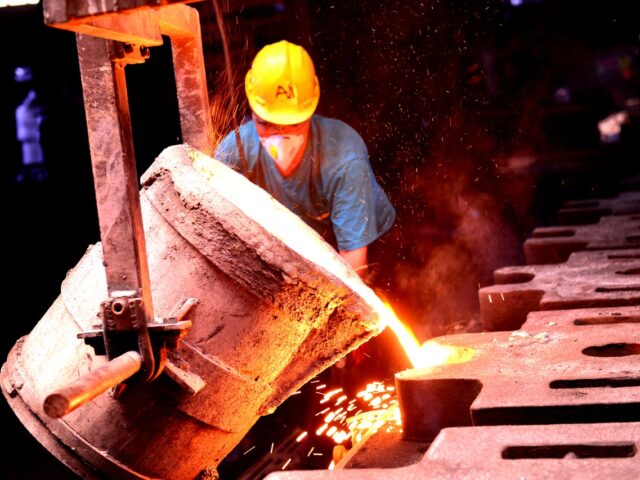
New Coalition Demands WSIB Reform for Occupational Disease
There’s a new player in the fight for WSIB reform on occupational disease.
Earlier this fall, an alliance of workers, widows and families created the Occupational Disease Reform Alliance (ODRA). This coalition formed in reaction to news that billions of dollars in WSIB premium surplus funds would be given back to employers, rather than to sick and injured workers or their surviving loved ones.
Although there are an estimated 3,000 cases of cancer caused by workplace exposure each year, it’s hard to say how many clusters of occupational disease exist in Ontario. That is because no one is officially tracking them, a fact highlighted in Dr. Paul Demers’ occupational cancer review, which was released last year.
Through their shared knowledge and experience, the ODRA hopes to change the current reality that only a tiny fraction of cancers caused by workplace exposure are compensated by WSIB.
Here’s a quick overview of the key known clusters in Ontario, with facts from the Ontario Federation of Labour:
- Sarnia/Chemical Valley: OFL calls it “Canada’s occupational disease capital and heart of the petrochemical industry.”
- Peterborough – General Electric: Thanks to catastrophic exposure to asbestos and other carcinogens, Peterborough has a 40% higher rate of mesothelioma compared to the Ontario average.
- Northern mining communities: It’s estimated more than 27,000 miners were required to inhale McIntyre Powder, a product that now has acknowledged links to Parkinson’s.
- Dryden – RB4 Paper Mill: Hundreds of workers were exposed to a “chemical soup of toxic substances (e.g. carbon monoxide and hydrogen sulphide).”
- Sault St Marie & Wawa – Steel Mills: Rates of lung cancer, mesothelioma and other cancers in employees of steel mills such as Algoma are alarmingly high.
- Kitchener-Waterloo – Rubber workers: For workers and families in the “Rubber Capital of Canada” the industry’s legacy means cancers like leukemia, lymphoma, bladder, and many others.
- Peterborough – Pebra/Ventra Plastics: Cancers, respiratory and cardiovascular problems, reproductive issues and neurological concerns plague the plastics workers.
- Sudbury – Neelon Castings: Heavy exposure to chemicals and noise levels and excessive workloads created conditions for diseases like COPD, silicosis, cancers, and more.
Advocates hope that by joining forces, they will be able to achieve the much-needed change to how occupational disease is handled in the workers compensation system. The group has four demands of WSIB:
- Compensate occupational disease claims when workplace patterns exceed levels in the surrounding community
- Expand the list of compensable diseases presumed work-related
- Use the proper legal standard; not scientific certainty
- Accept multiple exposures combine to cause disease
You can connect with the Occupational Disease Reform Alliance on Facebook.
If you or a loved one has been affected by workplace illness or injury, then you know how difficult it can be to deal with the workers compensation system in Ontario.
Our WSIB clients are among the most frustrated clients we work with. They worked hard and trusted that workers compensation would be there for them if they needed it. Instead, their claims are denied and they’re treated terribly by WSIB case managers.
Watch this video to learn more about how we help WSIB clients, and contact us if we can be of assistance.
